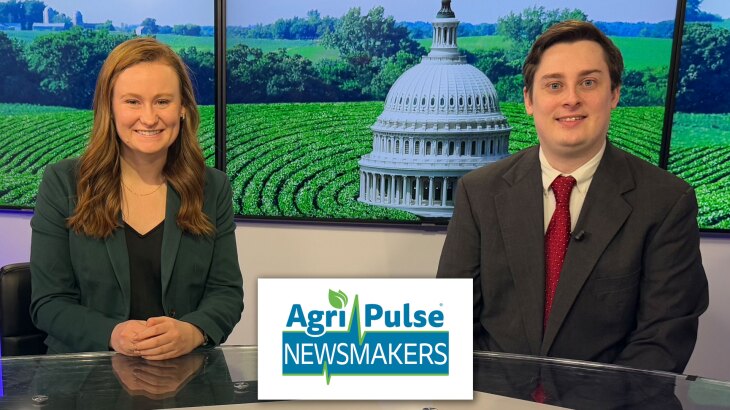Zoetis and Iowa State University have announced a new partnership to help identify and test a Porcine Epidemic Diarrhea Virus (PEDV) vaccine. In a press release, Zoetis says the partnership will affirm its commitment to fighting the devastating virus.
Last year, the company partnered with the University of Minnesota to develop a diagnostic test for the disease. The success of that test’s creation was announced last week.
Below is the full press release:
Zoetis Inc. today announced a research partnership with Iowa State University (ISU) to identify and test a vaccine candidate to help control porcine epidemic diarrhea virus (PEDv) in the United States.
“Establishing this partnership further affirms our commitment to fighting this devastating virus,” said Gloria Basse, vice president, U.S. Pork Business Unit, Zoetis. “We look forward to working with the top researchers at Iowa State University to share knowledge and expertise as we make every effort, together, to help veterinarians and producers fight PEDv.”
New cases of PEDv continue to mount. Since the beginning of December, more than 100 new cases have been reported each week.1 PEDv now has spread to swine farms in 23 states since April 2013, with documented farm cases in the thousands. Losses from PEDv are significant and have been measured on some farms at 100% mortality for infected piglets up to 3 weeks old.
“We know how devastating this virus has been to the swine industry,” said Jianqiang Zhang, MD, PhD, assistant professor, ISU Veterinary Diagnostic Laboratory. “We are eager to work with Zoetis and advance the research we’ve begun to find a solution.”
The development of a vaccine candidate is one element of Zoetis’ ongoing efforts to support swine veterinarians and pork producers control PEDv. In 2013, Zoetis began a collaboration with the University of Minnesota to develop a diagnostic test for the disease.
While research and development of solutions continue, it’s important for producers to remain vigilant with their biosecurity practices to deter the spread of PEDv. Follow these practices recommended by the American Association of Swine Veterinarians:
- Label and use chutes for loading and unloading. Use the loading chute only for animals that are leaving your farm. Healthy animals unloaded into the loading chute could be exposed to the virus.
- Wash and disinfect all unloading chutes and driver areas as often as possible. Use a 2% phenol-based disinfectant in the areas where drivers walk to enter the chute, from point of entry to the top and all areas where the chute contacts the truck.
- Require all trailers used for picking up animals to be cleaned and disinfected before arrival. Be sure to allow enough time for the disinfectant to dry completely before use.
- Provide coveralls and boots for employees to wear while on the farm. These materials should stay on-site and be washed routinely.
- If your farm allows guests, provide clear direction for where they should report upon arrival. Also, provide them with coveralls and boots before they enter any facilities.
















